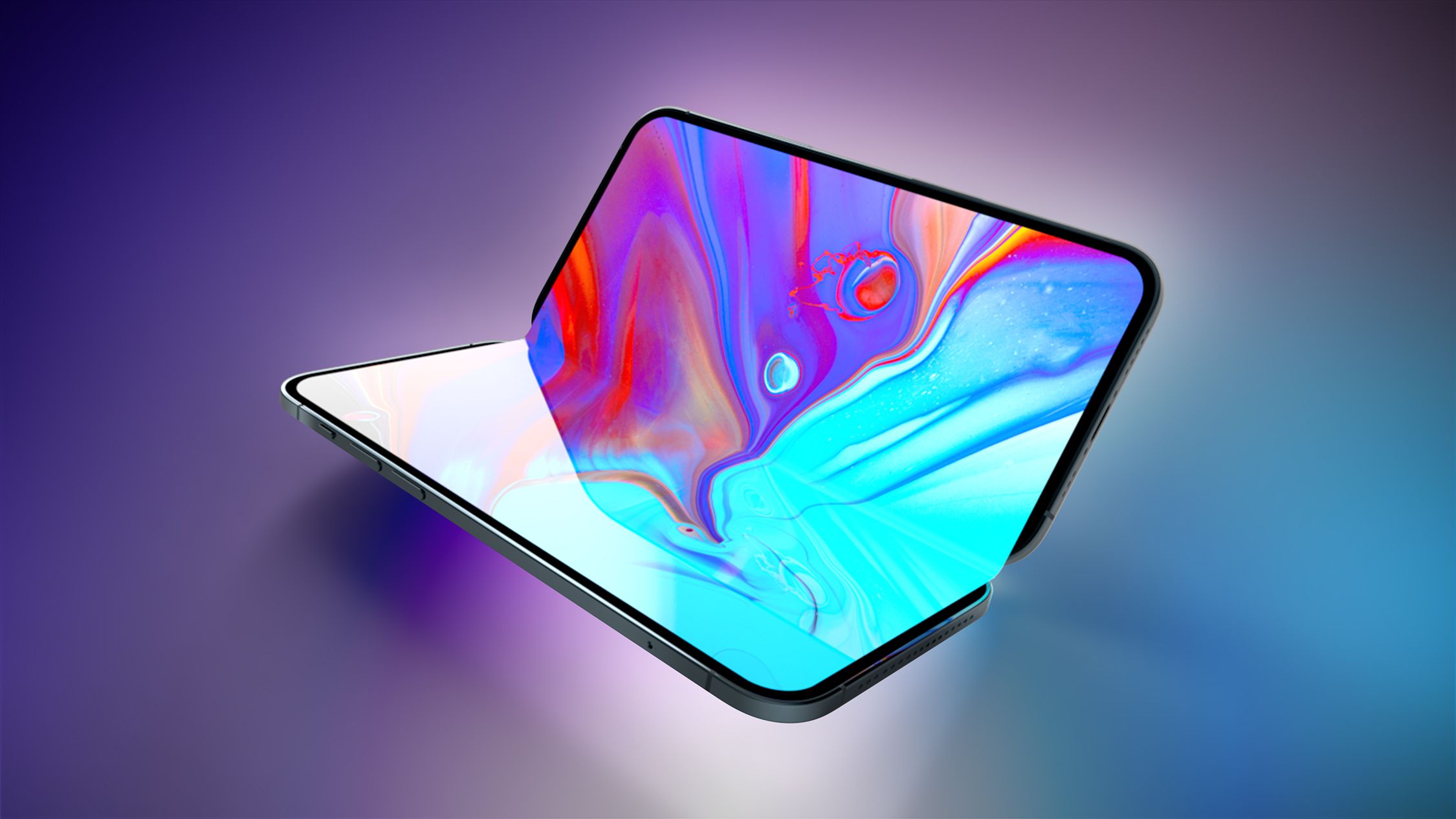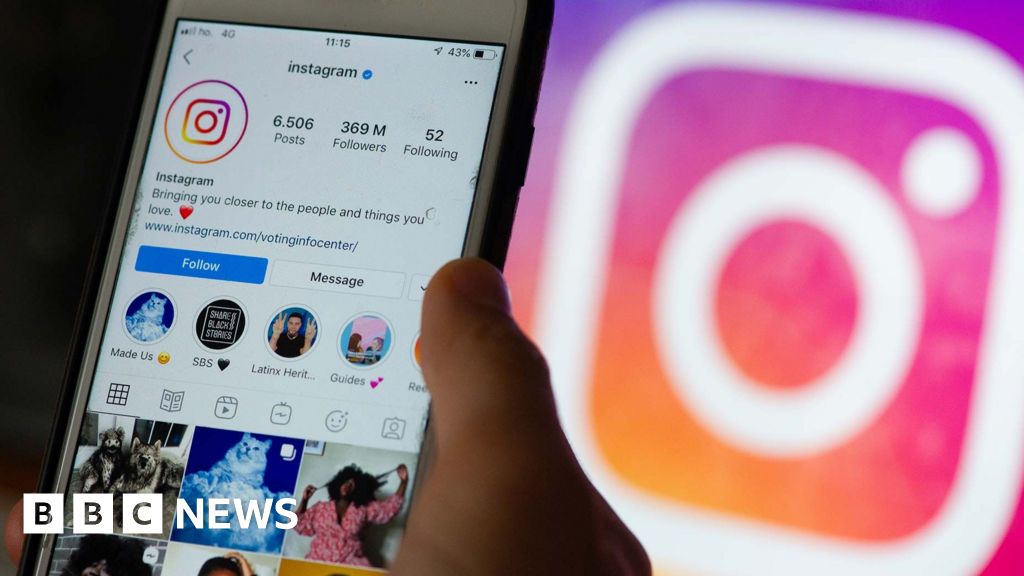Rumors Swirl About Apple's First Foldable iPhone

Introduction
Rumors about Apple's first foldable iPhone have been circulating for some time now. And with recent leaks from Taiwanese research firm, we may have a better idea of what to expect from this highly anticipated device.
Key Details
The foldable iPhone is said to feature a 7.8-inch inner display, making it one of the largest foldable displays on the market. This would allow for a more immersive viewing experience, especially for those who enjoy streaming or gaming on their phones.
But what sets this foldable iPhone apart is its outer display - measuring at 5.5-inches, it is significantly larger than other foldable phones on the market. This means users can still enjoy a decent-sized screen even when the device is folded.
In addition, the foldable iPhone is rumored to have a durable and flexible display, making it less prone to damage from repeated folding and unfolding. This could be a game-changer for those looking for a long-lasting, high-quality foldable phone.
Impact
The leak of the foldable iPhone's display sizes has caused quite a buzz in the tech community. Many are eagerly awaiting its release and are already speculating about its potential impact on the market.
If the rumored display sizes are accurate, the foldable iPhone could be a game-changer for Apple
About the Organizations Mentioned
Apple
Apple Inc. is a leading American multinational technology company known for pioneering personal computing, mobile devices, and software ecosystems. Founded in 1976 by Steve Jobs and Steve Wozniak, Apple revolutionized technology with the first commercially successful personal computer and mainstream adoption of the graphical user interface (GUI), setting new standards in product design, user experience, and seamless integration across devices[2]. Headquartered in Cupertino, California, Apple’s product lineup includes the iPhone, iPad, Mac computers, Apple Watch, AirPods, and services such as the App Store, Apple Music, and iCloud. The company has built a vast ecosystem that enables third-party developers to expand product functionalities, strengthening its market dominance. Apple is widely recognized for its innovation in hardware, software, and services, with an emphasis on aesthetics and privacy. In 2025, Apple committed to its largest-ever investment initiative, pledging $600 billion over four years in the United States to boost manufacturing, research and development, and advanced technology sectors like artificial intelligence (AI) and silicon engineering[1][3]. This includes new manufacturing facilities, expanded R&D centers, and a program called the American Manufacturing Program (AMP) to encourage domestic production of critical components. These efforts support over 450,000 U.S. jobs and aim to establish a robust supply chain within the country[3]. Financially, Apple remains a powerhouse with a market capitalization of $3.84 trillion and annual revenue exceeding $400 billion. However, in 2025, it faced challenges including a 19% decline in stock value, intensified regulatory scrutiny from the U.S. Department of Justice over antitrust issues, legal disputes related to the App Store, and competitive pressure in AI technology[1][2]. Despite these hurdles, Apple continues to innovate, recently updating its software platforms with a unified "Liquid Glass" design and expanding its AI-driven personal assistant, Apple Intelligence[1]. Under CEO Tim Cook’s leadership, Apple balances technological advancement














